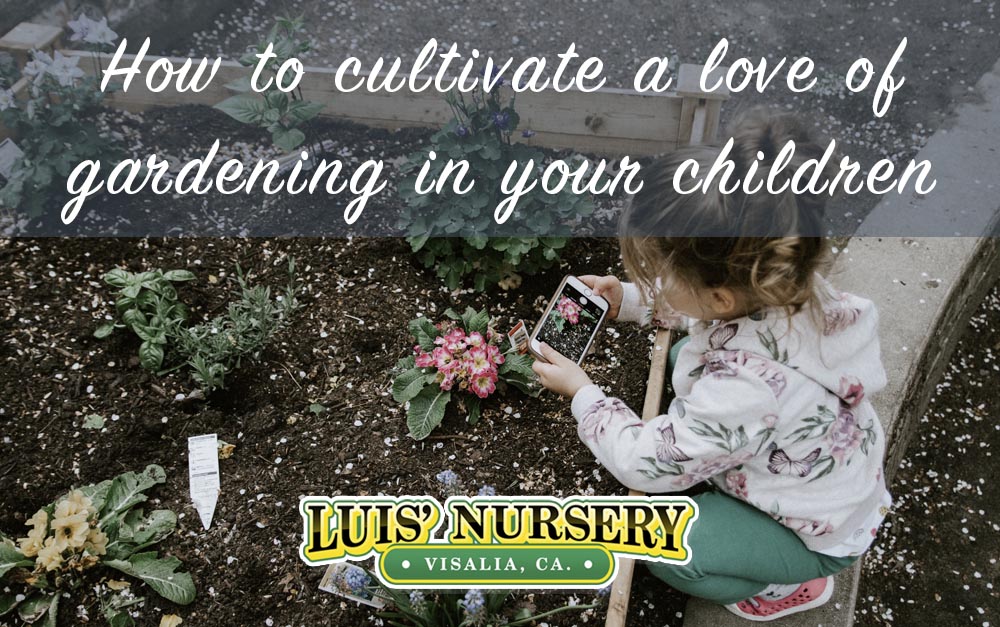Watching a new sprout grow can be an inspiring and educational experience. If your current situation has presented you with the opportunity to supplement your child’s online homeschooling education, you can find a great opportunity during this time to cultivate a love of gardening in your children.
Most children will go to grocery stores with little to no knowledge about where their food comes from. Giving them the opportunity to grow their own food can be an educational as well as exciting experience. Bonus – It can also lead to them including more fruits and veggies in their diets as they literally eat the fruits of their labor!
Gardening is Healthy
Most children love to get dirty and playing in the garden dirt is a great way to make that happen. Gardening will teach them a new skill, as well as help them get exercise and Vitamin D. Working in the garden can also help younger children practice locomotor, body management, and object control skills.
Educational Growth
Literacy skills can be improved via gardening. As they learn to read the names of each plant and read their growth requirements, they can improve their reading level as well as vocabulary.
Working together in the garden can also be helpful with your child’s cognitive development. When you ask open-ended questions about what you’ve already accomplished and what you should do next, it helps them to think through the processes. They learn to prepare the soil, to plant, to water, and to weed as well as the various stages of growth. You can also show them, and explain, plant anatomy and help them learn the differences between the various plants.
Give them Ownership
Sometimes to truly respect and love something, it has to feel like ours. If you can, give your children a space in the yard that is just theirs! They can personalize their space and truly make it their own. If you can, provide them with kid-sized tools. This will make them easier to handle and feel more like playtime. Especially if they have their own gloves and hat! It can feel more like a fun dress up activity.
You don’t have to edge out a part of your garden for them, especially if you don’t have the space, or perhaps you only have indoor options available. Your child can learn the same values using a small planter box or pot that can be placed indoors or outside, depending on your circumstances.
Let Them Explore Their Curiosity
Children are innately curious and allowing them the chance to dig around and discover critters that live in the soil, will provide new opportunities to learn and grow. The scents and textures of the plants and learning each plant’s needs, are all sources of information that can be absorbed by your child and help them to see the wonder and beauty in gardening.
One of the most important things to remember is to be patient. While we may dream that our children will love spending as much time in the garden as we do, they may have shorter attention spans than we may hope. Even if their water session becomes an impromptu water fight, they will still have learned new things and created new family memories.



